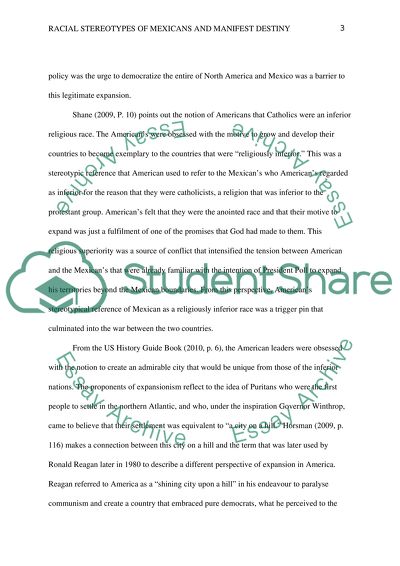Cite this document
(“Discuss the racial stereotypes of Mexicans that underpinned Manifest Essay”, n.d.)
Discuss the racial stereotypes of Mexicans that underpinned Manifest Essay. Retrieved from https://studentshare.org/history/1489534-discuss-the-racial-stereotypes-of-mexicans-that
Discuss the racial stereotypes of Mexicans that underpinned Manifest Essay. Retrieved from https://studentshare.org/history/1489534-discuss-the-racial-stereotypes-of-mexicans-that
(Discuss the Racial Stereotypes of Mexicans That Underpinned Manifest Essay)
Discuss the Racial Stereotypes of Mexicans That Underpinned Manifest Essay. https://studentshare.org/history/1489534-discuss-the-racial-stereotypes-of-mexicans-that.
Discuss the Racial Stereotypes of Mexicans That Underpinned Manifest Essay. https://studentshare.org/history/1489534-discuss-the-racial-stereotypes-of-mexicans-that.
“Discuss the Racial Stereotypes of Mexicans That Underpinned Manifest Essay”, n.d. https://studentshare.org/history/1489534-discuss-the-racial-stereotypes-of-mexicans-that.


